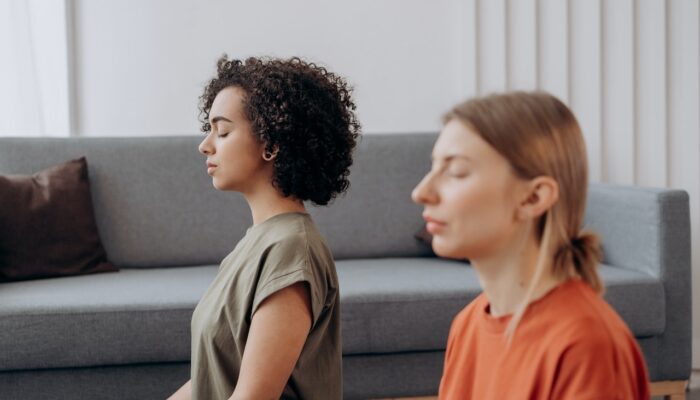Insomnia is a common problem that makes it difficult for you to fall asleep and stay asleep. The more time you spend lying awake, the worse your insomnia will get. Learning about how sleep works can help you understand the cause of your insomnia and make adjustments to your sleep habits. It can also help you improve your quality of sleep and depth of sleep.
Avoid Napping
In large epidemiological studies, the benefits and harms of napping have been debated, but there is clear evidence that naps can affect the quality of sleep. In adults, taking longer naps during the day is linked to a higher risk of chronic diseases. Similarly, frequent daytime drowsiness is linked to poorer nighttime sleep quality. Fortunately, avoiding napping can help you get better sleep at night.
Avoid Blue Light
Avoiding blue light in your bedroom is a good start in improving your sleep. Blue light is generated by devices like smartphones, tablets, and computers. Avoid using these devices during the evening and turn off the screens before you go to bed. You can also use eye masks to block light sources in your room.
Avoid Nicotine
Smoking is one of the most common behavioral health risks in the Western world. It affects both mood and sleep. While the effects of smoking are known to differ between individuals, researchers have found that nicotine is particularly disruptive to sleep.
Avoid Alcohol
If you’re trying to improve your sleep, avoiding alcohol is a good first step. It has a number of negative effects on the body and can lead to insomnia. Alcohol can affect men and women differently, and younger people tend to be more sensitive to its effects. You should avoid alcohol for at least three hours before bedtime, and make sure you drink enough water to flush it out of your system. Also, avoid alcohol if you’re taking sleeping pills, as alcohol and sleeping pills are both depressants and can interfere with the restorative sleep you’re trying to get.
Avoid Caffeine
Avoiding caffeine before bed is one of the best ways to improve sleep quality. The stimulant keeps you awake and disrupts your sleep. It also makes you urinate more frequently than normal, which can affect your quality of sleep. Caffeine is also known to lower your blood pressure.
If you find it difficult to get a good night’s sleep, it’s important to find the underlying causes. These causes can range from underlying health conditions to medications. Your doctor can help you identify what’s causing your sleeplessness and offer you treatment options.

